BSW driving situations
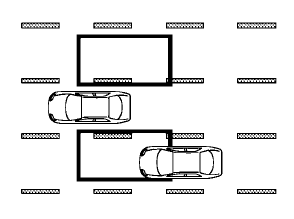
Another vehicle approaching from behind
The Blind Spot Indicator light illuminates if a vehicle enters the detection zone from behind in an adjacent lane.
However, if the overtaking vehicle is traveling much faster than your vehicle, the indicator light may not illuminate before the detected vehicle is beside your vehicle. Always use the side and rear mirrors and turn and look in the direction your vehicle will move to ensure it is safe to change lanes.
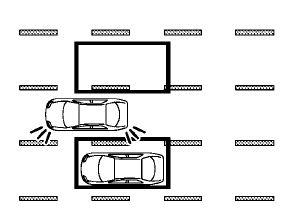
If the driver activates the turn signal, then the Blind Spot Indicator light flashes and a chime will sound twice.
NOTE:
If the driver activates the turn signal before a vehicle enters the detection zone, the Blind Spot Indicator light will flash but no chime will sound when the other vehicle is detected.
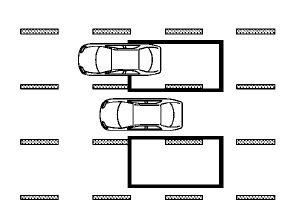
Overtaking other vehicles
The Blind Spot Indicator light illuminates if you overtake a vehicle and that vehicle stays in the detection zone for approximately 3 seconds.
The camera unit may not detect slower moving vehicles if they are passed quickly.
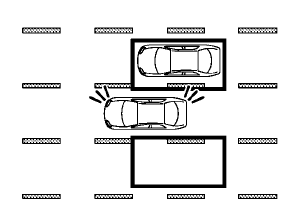
If the driver activates the turn signal while another vehicle is in the detection zone, then the Blind Spot Indicator light flashes and a chime will sound twice.
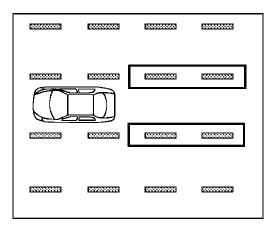
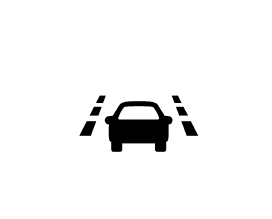
See also:
Around viewTM monitor (if equipped)
The CAMERA button is located on the center console.
When you push the CAMERA button or shift the selector lever into the “R” (Reverse)
position while the ignition switch is in the ON position ...
Pregnant women
NISSAN recommends that pregnant women use
seat belts. The seat belt should be worn snug,
and always position the lap belt as low as
possible around the hips, not the waist. Place
the shoulder belt ...
List of voice commands
When you press and release the
button on
the steering wheel, you can choose from the
commands on the Main Menu. The following
pages describe these commands and the commands
in each sub-menu.
...
